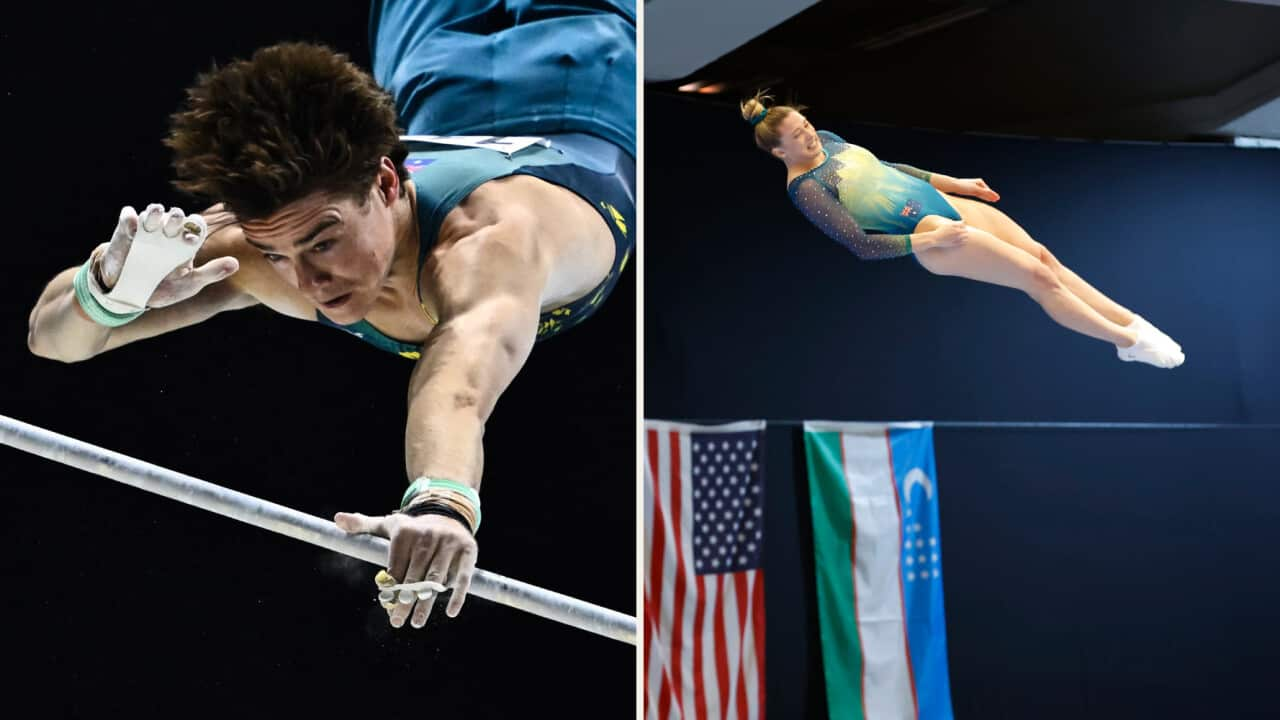With nine minutes remaining in Australia’s second group stage match at the Atlanta 1996 Olympic Games, Aurelio Vidmar collected the ball on the right touchline, midway inside his own half, and was promptly scythed down in a horrible tackle that left him writhing on the pitch in pain.
Saudi Arabia forward Abdul Sifeen, in between collecting a yellow card, let Australia’s No.10 know just what he thought of him in a reflection that last year’s hostilities in the AFC Champions League final were not the first between the two nations.
The Olyroos, , proceeded to pick up maximum points and headed to a do-or-die clash with a Spain side featuring Raul, Gaizka Mendieta, Fernando Morientes and Ivan de la Pena, in the final group stage match in Orlando.
A brace from Vidmar inside the first 12 minutes had the side in a strong position only for Raul to score twice – the final goal coming in the 90th minute – as Spain won 3-2 to book a spot in the quarter-finals.
The Under-23 team qualified for the next three editions, yet missed out on a spot at London 2012 and Vidmar, now the team’s coach, knows how important it is to reach the Rio 2016 Olympic Games – for which qualifying begins today in Taiwan.
“It’s always fantastic going to an Olympic Games and playing at that level," he said. "I remember in ‘96 we were only several minutes away from qualifying to the quarter-finals and unfortunately we conceded very, very late but they’re all the great experiences you have as a footballer.
“That group had three very tough international games there and hopefully, if we can qualify again, then these guys can also get that experience because that’s an extremely important part of their development.
"It’s something that we’ve lacked with the younger age groups for many, many years that they have tough international experience and tough international games as often as they can and qualifying will give them that."
That goal has become all the more difficult as the AFC lost out in a political struggle over qualifying berths which saw UEFA gain an additional automatic place at the expense of Asia’s half slot.
To be assured of reaching the final stage in Qatar next January the Olyroos must ensure they top a preliminary group containing host-nation Chinese Taipei, Hong Kong and steadily-improving Myanmar.
On paper, it looks like an easy assignment, but with youth football improving in Asia at a rapid rate it’s not quite that simple.
Myanmar Under-20, under a German coach, had virtually a full-time program for half a year in the lead-up to the qualification for June’s FIFA Under-20 World Cup and promptly reached the finals ahead of both Australia and Japan.
More than most, Vidmar knows how quickly the gap is closing – at least at youth level.
“There are a lot of nations in this area now putting a lot of money into development, a lot of them are going into full-time programs and they’re with each other day in, day out throughout the whole season," he said.
“As we know Myanmar qualified under those sorts of situations being a full-time program and as I’ve said before there are no easy games. On paper it looks like an easy assignment but they’re never easy assignments.
“We have to go out there and pay the upmost respect to these teams but at the end of the day we want to play our way, our style and be on the front foot like we’ve been doing with the Socceroos and not fear anyone.”
One of the advantages of this tournament being held on international dates is that Football Federation Australia (FFA) was able to call on a host of overseas-based players, including the likes of Scotland-based midfielder Jackson Irvine, Fulham pair Ryan Edwards and Adam Taggart as well as Mustafa Amini and Brad Smith, but the scheduling has done the coach little favours.
The Olyroos have to play on Friday, Sunday and Tuesday meaning the squad will have to be carefully managed, but more than just aiming for results the coach is keen to emphasise a consistency in playing style with the senior side and spoke of the doors that can open as a result of this tournament.
“What we trying to do through all the national teams is implement a similar style and that’s the plan going forward: that we need to play exactly the same way – the Under-17s, the Under-20s and this group – so that it’s a seamless transition when players go into the Socceroos set-up.
“This is modern football and how we see that the game should be played, it’s got to be quick, and it’s got to be dynamic.
"You need technical players, you need quick players. That’s the way the game should be played and most successful teams over the past decade play like that.
"We’ve got our own twist to it because that’s the Australian way. We’ve got an enormous appetite to succeed and we want to be aggressive, we don’t want to be sitting back and just soaking up pressure. We want to actually take it to the opposition, it doesn’t matter who we play.”
That starts today in the southern Taiwanese port city of Kaohsiung, with the ultimate aim being for it to continue on the beaches of Rio in 15 months’ time.










